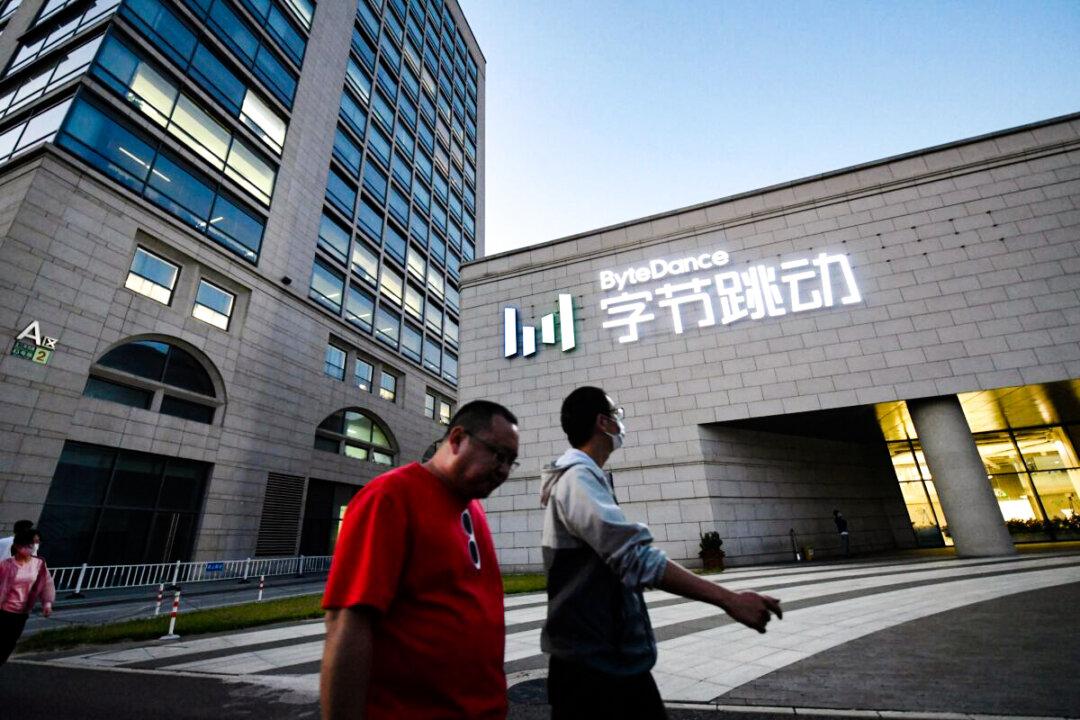The Chinese Communist Party (CCP) is tightening the reins on private high-tech giants by acquiring voting shares or using party branches within the companies as the military’s intelligence assistant. The move to exert greater control over private industries has the United States and EU on alert.
On March 11, Belgium’s prime minister said the country is banning TikTok from government phones over concerns about cybersecurity, privacy, and misinformation. Belgium followed the lead of the United States and the EU in banning the video-sharing app, developed by Chinese internet technology giant ByteDance.




